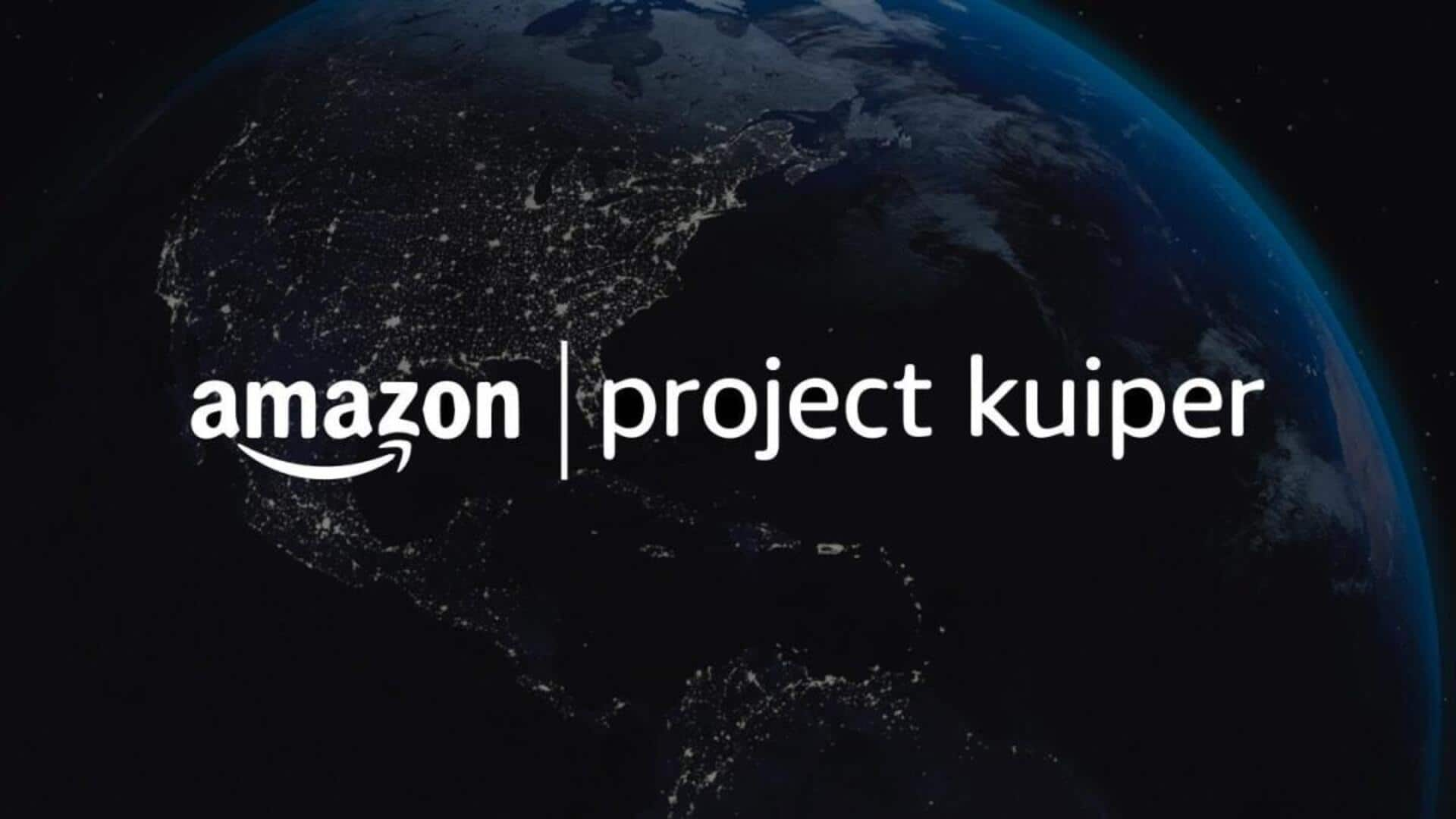
Starlink may face competition from Amazon's satellite internet in UK
What's the story
The United Kingdom's telecommunications regulator, Ofcom, is considering granting a license to Amazon's Project Kuiper, according to Bloomberg. This move would allow the project to operate a satellite network in competition with Elon Musk's Starlink, for the provision of high-speed broadband services. Ofcom has invited public feedback on this proposal until October 4. If approved, the license would permit Amazon to provide customers with outdoor antennas or terminals. These devices are capable of delivering broadband speeds comparable to 4G.
Network expansion
Project Kuiper's ambitious satellite network plan
Services like Project Kuiper and Starlink aim to bring high-speed internet access to areas typically underserved by conventional providers, including rural regions, conflict zones, and areas impacted by natural disasters. Project Kuiper has an ambitious plan to create a network of over 3,000 low-Earth orbit satellites for broadband services. The first batch of these satellites is scheduled for launch by the end of 2024, with commercial services expected to commence in 2025.
International expansion
Land secured in New Zealand for operations
In a recent development, Amazon has secured approval to acquire a small plot of land in New Zealand for Kuiper-related operations. The consent, granted by the New Zealand Overseas Investment Office (OIO) in July, allows Amazon to install telecommunications equipment on a 500-square-meter site at an undisclosed location. This site will be used by Amazon Kuiper New Zealand to provide broadband services in the country.
Trial phase
1st customer trials and commercial services
Project Kuiper is set to begin its first customer trials in 2025, with full commercial services expected later that year. The US Federal Communications Commission (FCC) has already granted permission for the project to launch its satellites over five phases. Despite launching only two prototypes in November of the previous year, the project plans to send a total of 3,236 satellites into space.